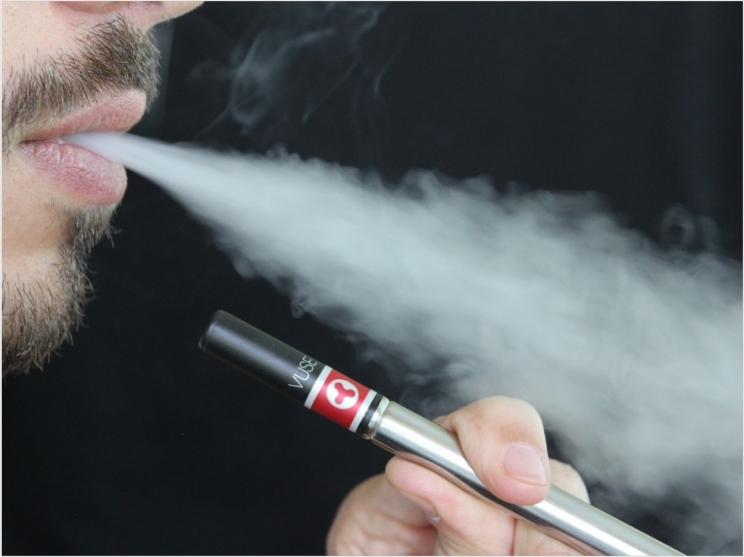
E-cigarettes alter the mouth’s microbiome and makes users more prone to inflammation and infection, according to researchers at the New York University (NYU) College of Dentistry. The study, the researchers note, is the first to note that vaping changes the oral microbiome and adds to our limited understanding of the safety profile of e-cigarettes.
Traditional cigarette use raises the risk of gum disease and infection by enabling certain infection-causing bacteria to flourish and contribute to immune dysfunction. Though e-cigarettes are promoted as safer alternatives to traditional tobacco usage, little research and no long-term data exists about their safety, the researchers said.
“Given the popularity of vaping, it is critical that we learn more about the effects of e-cigarette aerosols on the oral microbiome and host inflammatory responses in order to better understand the impact of vaping on human health,” said Xin Li, PhD, associate professor of basic science and craniofacial biology and the study’s co-senior author.
“The oral microbiome is of interest to us because research shows that changes in its microbial community as a result of environmental and host factors contribute to a range of health issues, including cavities, gum disease, halitosis, and medical conditions such as diabetes, cardiovascular disease, and cancers,” said Deepak Saxena, PhD, professor of basic science and craniofacial biology and the study’s co-senior author.
In the study, the researchers examined e-cigarette vapor and its influence on the oral microbiome and immune health. They also evaluated how vaping influences the infection efficiency of oral pathogens in cell lines using a novel e-cigarette aerosol generating machine and measured pro-inflammatory immune mediators.
Through oral exams and saliva samples, the researchers studied the oral microbiomes of 119 human subjects from three groups: e-cigarette users, regular cigarette smokers, and those who had never smoked. Gum disease or infection was significantly higher among cigarette smokers (72.5%), followed by e-cigarette users (42.5%) and non-smokers (28.2%).
Using 16S rRNA high-throughput sequencing, the researchers observed different microorganisms in the saliva of e-cigarette users, cigarette smokers, and non-smokers. For instance, e-cigarette users had an abundance of Porphyromonasbacteria, while an increase in Veillonellabacteria was found in both e-cigarette and cigarette users.
“The predominance of these periodontal pathogens in the mouths of e-cigarette users and traditional smokers is a reflection of compromised periodontal health,” said Li.
The researchers also found that the altered microbiome in e-cigarette users influenced the local host immune environment compared to non-smokers and cigarette smokers. IL-6 and IL1β, which are cytokines involved in inflammatory responses, were highly elevated in e-cigarette users.
Cell studies also showed upregulation of IL-6 after exposure to e-cigarette aerosols, resulting in an elevated inflammatory response. Moreover, e-cigarette aerosols made cells prone to bacterial infection, which points to a greater risk for infection in e-cigarette users.
“Our study suggests that vaping electronic cigarettes causes shifts in the oral environment and highly influences the colonization of complex microbial biofilms, which raises the risk for oral inflammation and infection,” said Saxena.
The study, “Electronic Cigarette Aerosol Modulates the Oral Microbiome and Increases Risk of Infection,” was published in iScience.
Related Articles
ADA Announces Interim Policy on Vaping
Dentists Encouraged to Address the Long-Term Risks of Vaping
E-Cigarettes Present Risks to Oral and Systemic Health











